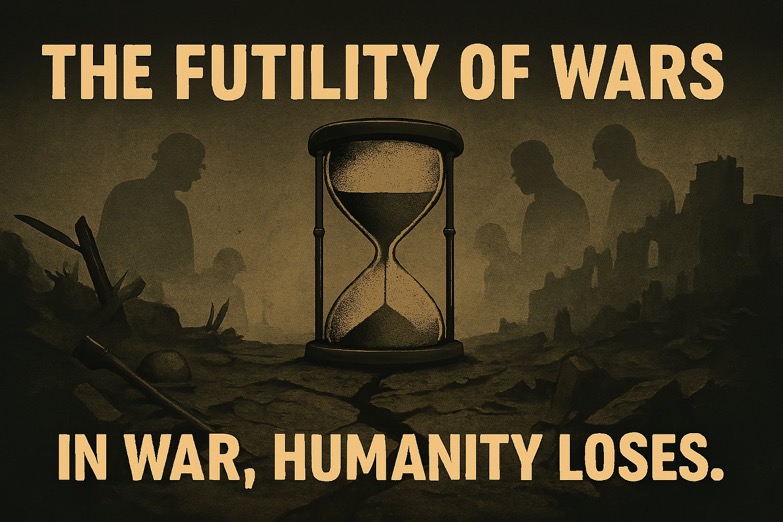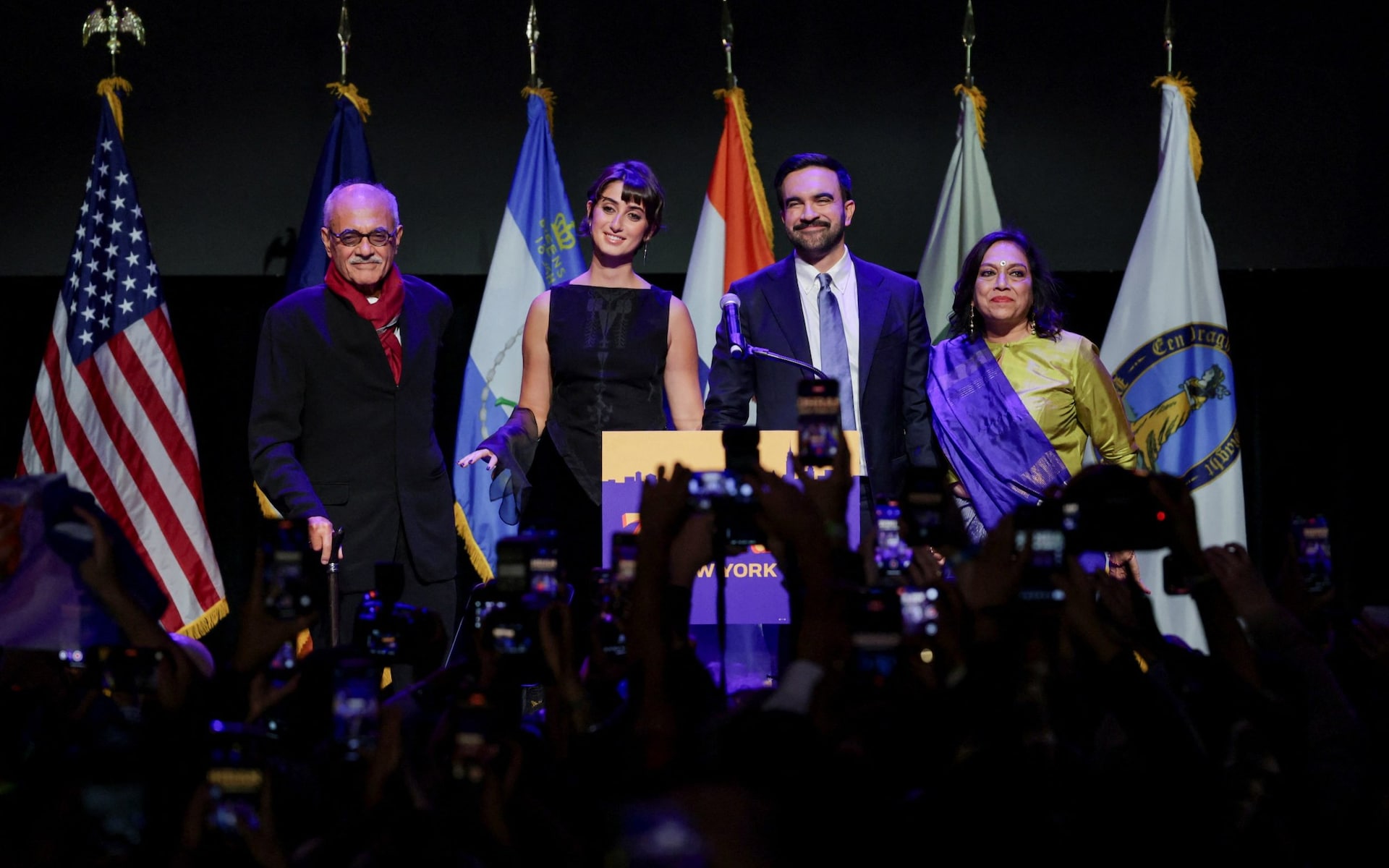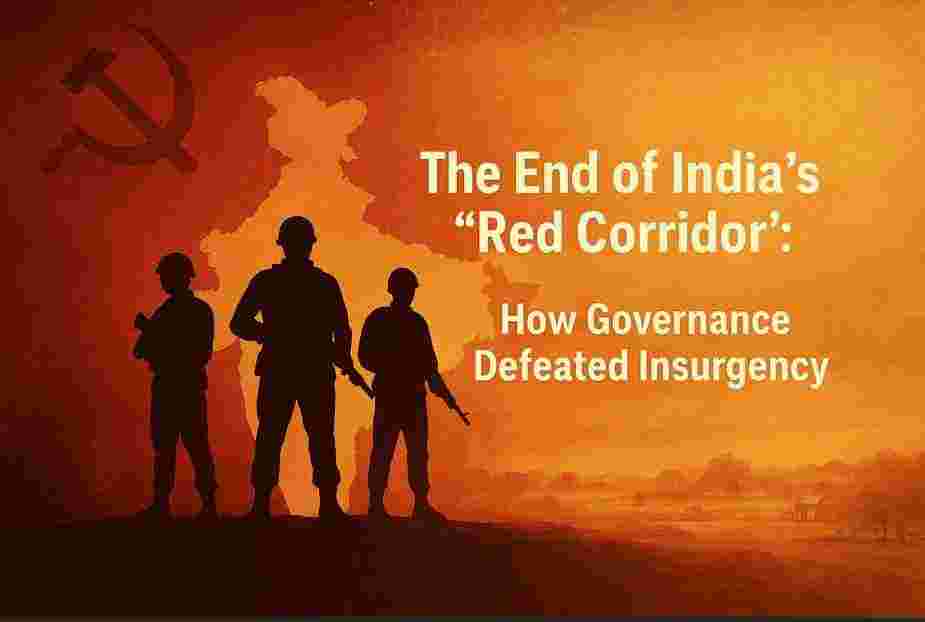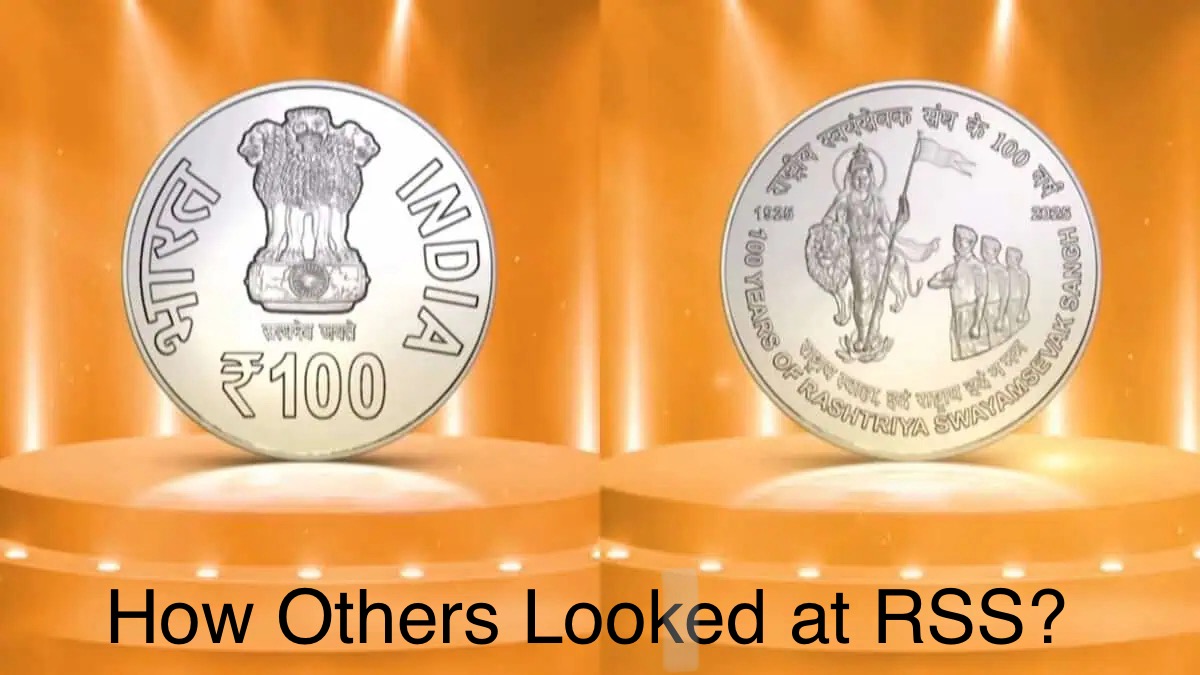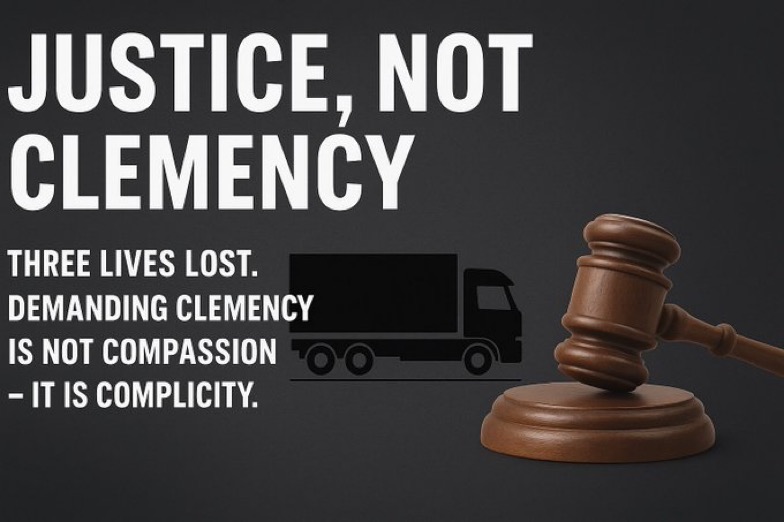
Three lives were lost in Florida when a truck driven by Harjinder Singh was involved in a fatal crash. The American justice system has charged him with manslaughter, a felony that carries grave consequences. Under ordinary circumstances, this would have remained what it should be a matter for the courts, guided by evidence, testimony, and due process.
Instead, it has become a spectacle. Online petitions have gathered more than 1.7 million signatures. Gurdwaras in California have organized marches. Fundraisers are underway to pay for his legal defense. Politicians in Punjab, most prominently Harsimrat Kaur Badal, have even called on India’s Ministry of External Affairs to intervene in the case. What should be a straightforward criminal trial has been recast as a communal and political campaign.
This transformation is not only misguided. It is unethical, corrosive to India’s credibility, and dangerous for the diaspora. It also exposes a deep hypocrisy a man who sought asylum by rejecting India as a Khalistani now expects India to rescue him from the consequences of his actions.
The Gravity of the Crime
It is important to begin with the unshakable fact: three people are dead. Their families have been destroyed, their futures stolen. Manslaughter is not a minor charge. It is a felony brought forward when reckless or negligent behavior directly causes death. In the United States, such crimes can lead to decades in prison.
Reports suggest that Singh was not properly licensed, struggled with English, and may have circumvented standard safety protocols through loopholes in “sanctuary states” that make it easier for undocumented immigrants to obtain licenses. Regardless of the technical details, the reality is stark: his conduct behind the wheel of a heavy truck ended three lives.
To rush forward with petitions for leniency, before trial or conviction, is to trivialize those deaths. It tells the victims’ families that their grief is secondary to the accused’s identity. It tells the broader public that the Indian community is willing to excuse fatalities when the accused happens to be “one of our own.” This is not compassion. It is collective moral failure.
The Hypocrisy of Khalistani Asylum
The case is further tainted by Singh’s own history. He did not enter the United States through legitimate channels. He crossed illegally, then claimed asylum by arguing that he would be persecuted in India because of his support for Khalistan. This is a familiar strategy,scores of Sikhs have used fabricated Khalistani claims to secure refuge in the United States and Canada, exploiting Western ignorance of Indian politics.
In doing so, Singh effectively disowned India. He told U.S. authorities that he was unsafe as an Indian, that his allegiance was to a separatist cause. Now, when faced with charges of manslaughter, the same man expects India to intervene on his behalf. The hypocrisy is staggering.
If Singh identifies as Khalistani, then it is for that imaginary state not India to defend him. To demand that India extend diplomatic protection is to mock India’s sovereignty. It is also to insult genuine Indian citizens abroad who take pride in their nationality and earn respect through lawful conduct.
Political Opportunism Masquerading as Compassion
The loudest political voice demanding clemency has been Harsimrat Kaur Badal, who appealed for the Ministry of External Affairs to step in. This demand is not rooted in compassion or justice. It is rooted in opportunism. By aligning herself with the Khalistani leaning diaspora, Badal signals loyalty to a constituency she hopes to cultivate in Punjab.
But the consequences of such opportunism are grave. India’s Ministry of External Affairs has no jurisdiction to interfere in the independent legal process of the United States. The U.S. judicial system is transparent, independent, and guided by due process. Any attempt by India to intervene would be dismissed at best and ridiculed at worst.
Worse, it would confirm a damaging stereotype that Indians expect special treatment abroad, that India meddles in foreign legal systems when its citizens or even self-proclaimed non-citizens commit crimes. Such an image erodes India’s diplomatic credibility and makes life harder for law-abiding Indians abroad.
Tribalism Over Justice
Perhaps the most disturbing element of this saga is not the petitions themselves but the sheer scale of mobilization around Singh. Diaspora gurdwaras, business leaders, community organizations, and ordinary Punjabis in India and abroad have rallied to his defense.
This is not justice. This is tribalism. It is ethno-religious solidarity overriding morality. The underlying message is chillingly simple because he is one of us, we will excuse him.
This is not how mature communities behave. When a Hindu, Muslim, or Christian commits murder abroad, their community does not flood the streets demanding clemency. They disavow the crime and leave justice to the courts. Yet in Singh’s case, thousands of voices are uniting to protect him not because he is innocent, but because he is Sikh and Punjabi.
This sets a dangerous precedent. It risks convincing outsiders that Sikhs and Indians do not respect the rule of law, that they will defend even criminals if they share identity. Such a perception is toxic, not only for the diaspora but also for India’s global image.
Lessons from Past Missteps
This is not the first time misplaced lobbying has damaged India’s reputation. Several episodes should serve as cautionary tales:
- Tri-Valley Visa Fraud (2011): When hundreds of Indian students were implicated in a fraudulent “sham university” in California, some attempted to portray the crackdown as racial targeting. Instead of sympathy, the community faced humiliation, painted as complicit in fraud.
- The Devyani Khobragade Case (2013): An Indian diplomat was arrested in New York for underpaying her domestic worker and visa fraud. Rather than addressing the wrongdoing, the Indian government escalated the matter into a diplomatic standoff. The result was strained ties with Washington and embarrassment for India’s foreign service.
- Italian Marines Case (2012): Two Italian marines killed Indian fishermen off the Kerala coast. Italy’s relentless lobbying for leniency initially led India into a muddled response, before the Supreme Court reasserted control. The episode demonstrated how political bargaining undermines legal clarity.
- The Glorification of Hardeep Nijjar (2023): After Nijjar, a known Khalistani extremist, was killed in Canada, large sections of the Sikh diaspora rallied around him as a martyr. By whitewashing his extremist record, they alienated Canadian society and damaged the credibility of the broader Indian diaspora.
Each case underscores the same lesson: lobbying for wrongdoers does not shield them. It only damages the credibility of those who defend them.
The Risk to the Diaspora
Indians by large are among the most successful and respected workers across diverse professions in North America. They are known for discipline, resilience, and professionalism. That reputation has been painstakingly built over decades. It is now at risk.
By defending Singh, Sikh community leaders risk casting suspicion on Indians as a whole. They hand ammunition to those eager to stereotype Indians as entitled. They make it harder for every law-abiding citizen who simply wishes to do his job.
Diaspora communities thrive when they stand for integrity. They suffer when they excuse wrongdoing.
Comparisons with Other Communities
Consider the behavior of other groups. When a Muslim extremist joins ISIS, the overwhelming majority of Muslims condemn him. When a Hindu is caught in fraud abroad, Hindus do not mobilize to defend him; they distance themselves. Christians do the same.
Why then should the Sikh diaspora and, by extension, India’s broader diaspora tarnish itself by rallying for a man accused of killing three people? This is not solidarity. It is a dangerous abandonment of basic morality.
The Ethical Imperative
What, then, is the path forward? It is not complicated:
- Justice must take its course. Singh deserves due process, nothing more and nothing less.
- Sympathy must go to the victims’ families. Their grief should be the first concern of any moral community.
- Politicians must be exposed. Leaders like Harsimrat Kaur Badal should be called out for cynically exploiting the tragedy for electoral gain.
- India must not intervene. The government has no business interfering in a foreign manslaughter trial, especially for a man who denies being Indian.
This is the minimum required to uphold integrity.
The deaths of three people in Florida cannot be reduced to a political bargaining chip or a diaspora petition drive. To demand clemency for Harjinder Singh is to insult the victims’ families, to undermine the U.S. justice system, and to drag India’s reputation through the mud. It is also to defend a man who disowns India by claiming Khalistani identity, even as he expects India’s protection.
India must not intervene. The diaspora must not excuse. Justice must run its course.
Clemency is not compassion. It is complicity. And it must be rejected.

